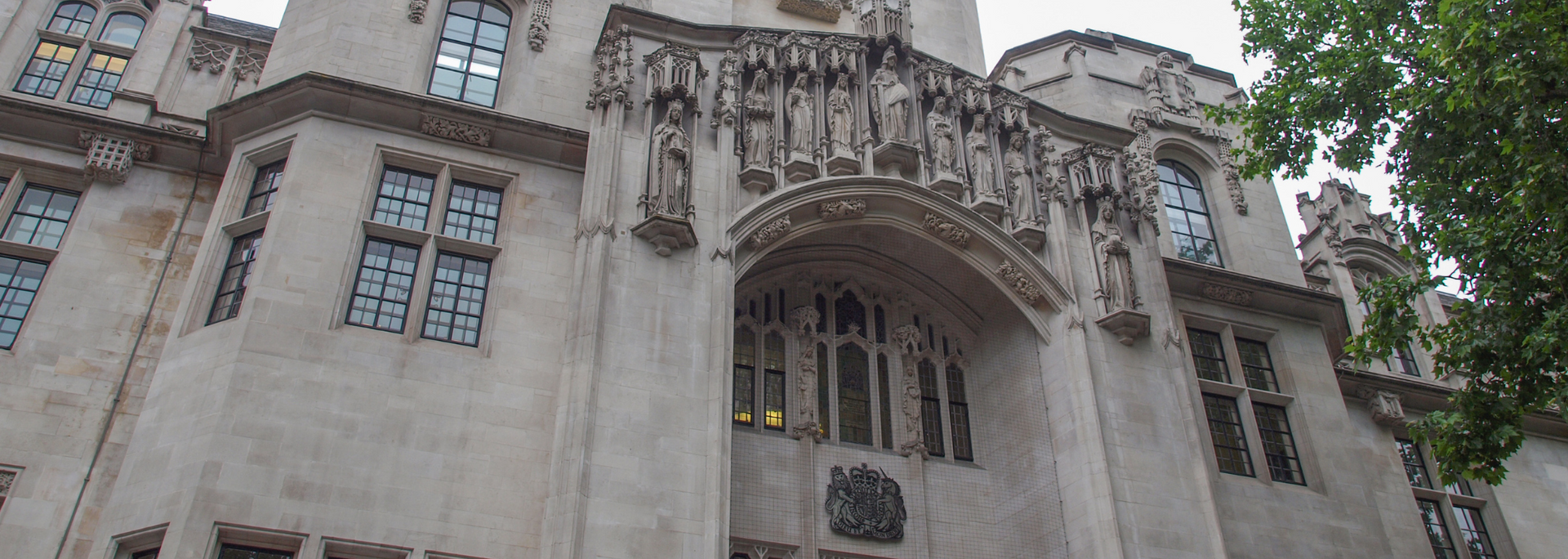Can AI be an inventor? Can a neural network be patented? Learn about AI and intellectual property today.

Generative AI is all the rage, whether it's DALL-E 2 producing visuals or ChatGPT generating text. But how do these new technologies fit in with intellectual property law?
Broadly speaking, there are two main problems to be addressed – although in reality, the problems proliferate the closer you get to the topic.
The first is that generative AI is trained on huge repositories of images and text called "data lakes". How can you be sure that the script you got ChatGPT to write doesn't involve unreconstructed material from existing works? Do copyright, patent and trademark laws apply to AI-generated content?
Second, can an AI generator be considered an inventor or creator? This is both a philosophical question and a legal one.
In this article, we explore the issue of AI and intellectual property law. It's a fascinating topic that's evolving all the time and shows no signs of slowing down.
Who is using AI to invent things?
Recently, American computer scientist Stephen Thaler has been in the news for trying to patent inventions made by DABUS, his Device for the Autonomous Bootstrapping of Unified Sentience.
The eccentricity of the name might suggest that AI inventions are the preserve of the Doc Browns of the world. In fact,
Reuters tells us, it's being used "in fields ranging from pharmaceuticals to robotics to autonomous vehicles".
Take Moderna's COVID-19 vaccine, one of the most high-profile innovations in recent times. The company used AI to create mRNAs. These algorithms enabled it to go from 30 mRNAs a month to around a thousand without any increase in resources.
What issues does AI raise with regard to intellectual property?
Intellectual property law exists to protect creative and inventive endeavours through copyright, design rights and patents. It does this by giving creators and inventors ownership over their creations. Where would AI fit into this?
It's a thorny issue partly because of the concept of "legal personality". In IP law, only legal persons can enter into contracts or take part in lawsuits. So far, this has applied only to individuals and companies (and, in a few rare exceptions,
rivers).

From one perspective, then, the answer is clear. AI is a tool, not an inventor. You might as well try to confer legal personality to a hammer.
From another point of view, advances in AI technology mean that AI can do a lot of the creative or inventive work with minimal input from humans. If a person uses AI to come up with a concept, you could argue that the person's involvement is minimal.
It's an issue that is unfolding as we speak. The direction of travel is uncertain and two cases in particular reveal some of the complexities.
Can AI be an inventor?
In December 2023, Stephen Thaler lost his bid to register AI-generated patents.
He wanted to patent two inventions that were, he said, the products of his "creativity machine". This AI, which he calls DABUS, came up with a food container and a flashing light beacon.
The UK's Intellectual Property Office (IPO) refused to register them, saying that a machine couldn't be classified as an inventor.
Thaler appealed to the Supreme Court, which ruled that "an inventor must be a natural person", at least under UK law. The Court did not, however, offer an opinion as to whether DABUS was or was not the inventor.

Thaler told the BBC, "Naturally, I feel disappointed by this decision, highlighting the ongoing clash between human and machine intelligence".
The law, however, remains unchanged. In June 2022, the government published a response to its consultation on AI and intellectual property. It concluded that there should be no change to patent laws, arguing that any such change should be international.
Neural networks can now be patented
In a separate ruling by the High Court, IPO will now allow AI inventions that use a machine learning approach to be patented. This isn't the same as patenting inventions made by AI – just those inventions which have an underlying trained artificial neural network (ANN).
The case centred on an AI system that provides media recommendations using an ANN. It is, the judge ruled, different from a computer program (which can't be patented).
This may set a precedent for other AI inventions, at least according to Ben Maling, managing associate at EIP:
"The UKIPO is bound by High Court rulings and will therefore have to apply the reasoning of this decision to other cases, which opens the door for many more UK patents in the AI field."
However, he and others suspect that UKIPO will appeal the decision.
Can an artist be ripped off by AI?
In California, a case is unfolding that pits artists against AI.
Sarah Andersen and others are suing Stability AI Ltd for "direct and vicarious copyright infringement". They allege that the company has misused their copyrighted work by using it to train its open-source AI art generator Stable Diffusion.
Meanwhile, in the UK, stock photography firm Getty Images is suing Stable Diffusion. A UK court has ruled that the suit can go to trial. Getty is alleging that, as with Andersen
et al, its copyrighted material was used to train Stability AI's AI models without a license.
Getty is also suing Stability AI in the States, accusing it of "brazen infringement of [its] intellectual property on a staggering scale". It claims that Stability AI copied more than 12 million images without permission or compensation.
All of these trials are underway at the time of writing. Their outcomes could set a precedent for future tussles between artists and AI.
Conclusion
Advances in AI are giving rise to all sorts of legal questions that are as troublesome as they are fascinating. If you need support with an issue relating to AI and intellectual property, the advice of an expert commercial or corporate lawyer can be invaluable.
Are you looking for a commercial or
corporate solicitor to help with an issue relating to intellectual property?
Get in touch with Milners to book a free initial consultation.
![Judgment has been handed down this week in Transwaste Recycling and Aggregates Ltd [2024] EWHC 330 (](https://lirp.cdn-website.com/8f80b851/dms3rep/multi/opt/o+and+s-1920w.JPG)
Pontefract Office
9A High Street
Upton, Pontefract
West Yorkshire
WF9 1HR
Darlington Office
Close Thornton Solicitors
31 Houndgate
Darlington
DL1 5RH
Authorised and regulated by the Solicitors Regulation Authority – Milners, SRA # 52317 | VAT number: 170144301
All Rights Reserved | Milners Solicitors
Our branches
This is a paragraph. Writing in paragraphs lets visitors find what they are looking for quickly and easily.
This is a paragraph. Writing in paragraphs lets visitors find what they are looking for quickly and easily.
This is a paragraph. Writing in paragraphs lets visitors find what they are looking for quickly and easily.
This is a paragraph. Writing in paragraphs lets visitors find what they are looking for quickly and easily.
This is a paragraph. Writing in paragraphs lets visitors find what they are looking for quickly and easily.
Harrogate Office
11A Princes Square
Harrogate
North Yorkshire
HG1 1ND
01423 530 103
Darlington Office
Close Thornton Solicitors
31 Houndgate
Darlington
DL1 5RH
01325 466461
Pontefract Office
9A High Street
Upton, Pontefract
West Yorkshire
WF9 1HR
01977 644 864


Authorised and regulated by the SRA, SRA ID 52317
Get tips from our business and personal law legal experts. Delivered to your inbox each week.










